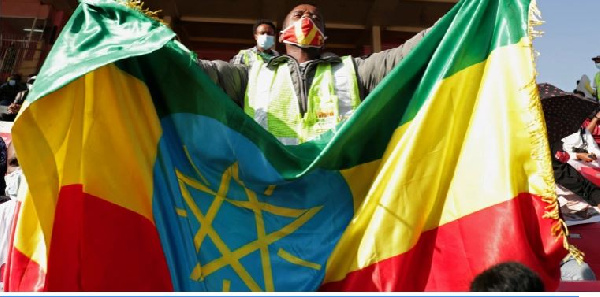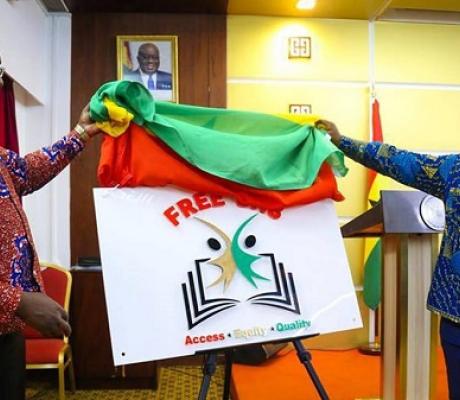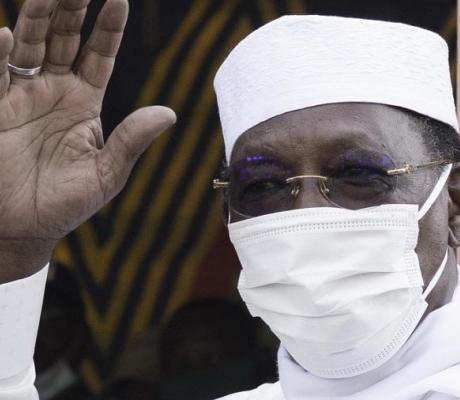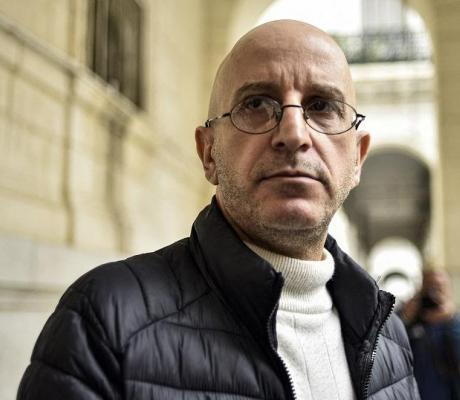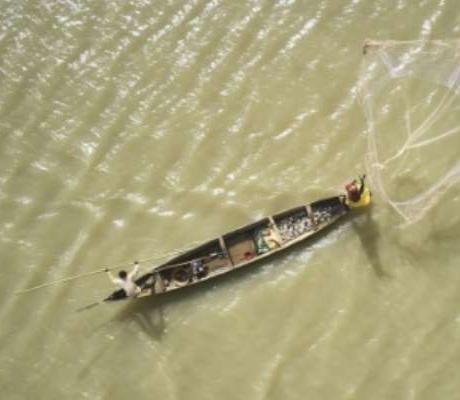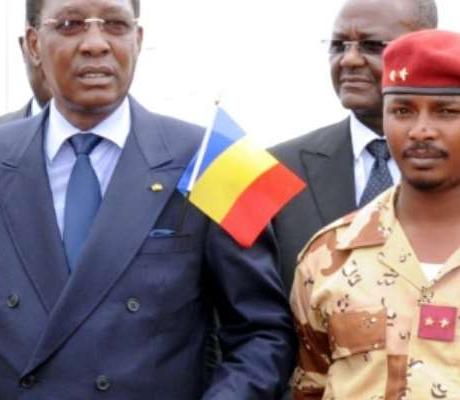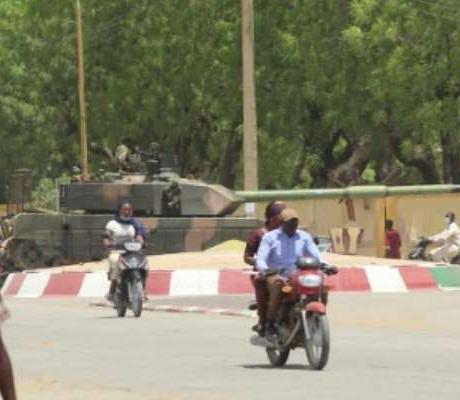Ethiopia’s parliament has appointed a new head of Tigray region, Prime Minister Abiy Ahmed said as a prominent rights group reported a “massacre” of scores of civilians in the conflict.
“Dr Mulu Nega has been appointed as the Chief Executive of the Tigray Regional State,” Abiy posted on Twitter on Friday.
The announcement came as federal forces pressed a military offensive against leaders of the northern region whom the government accuses of treason and terrorism.
On Thursday, Ethiopian parliament stripped Tigray president Debretsion Gebremichael – who was elected in September and chairs the Tigray People’s Liberation Front (TPLF) – of immunity from prosecution.
State media later reported that arrest warrants had been issued against Debretsion and other TPLF leaders “for endangering the country’s existence” and “for trying to erode the constitution”, adding that dozens of other officials were also stripped of immunity.
Long-running tensions between Abiy and the TPLF hit a new low in September when Tigray pressed ahead with its own elections, insisting Abiy was an illegitimate leader after national polls were postponed due to the coronavirus.
‘Hundreds stabbed or hacked to death’
Meanwhile, Amnesty International said scores of civilians were killed in a “massacre” in Tigray that witnesses blamed on forces backing the local ruling party in its fight against the federal government.
It was the first reported incident of large-scale civilian fatalities in a week-old conflict between the TPLF and the federal government led by Abiy, winner of last year’s Nobel Peace Prize.
“Amnesty International can today confirm … that scores, and likely hundreds, of people were stabbed or hacked to death in Mai-Kadra [May Cadera] town in the South West Zone of Ethiopia’s Tigray Region on the night of 9 November,” the rights group said in a report.
Amnesty said it had “digitally verified gruesome photographs and videos of bodies strewn across the town or being carried away on stretchers”.
The dead “had gaping wounds that appear to have been inflicted by sharp weapons such as knives and machetes,” Amnesty said, citing witness accounts.
“The victims appear to have been civilians … labourers who are in no way involved in the ongoing military offensive in the region,” Amnesty’s Sam Dubberley told Al Jazeera.
Witnesses said the attack was carried out by TPLF-aligned forces after a defeat at the hands of the Ethiopian military, though Amnesty said it “has not been able to confirm who was responsible for the killings”.
There was no immediate reaction from the TPLF, which dominated national politics for nearly three decades before Abiy took office in 2018.
Abiy claims gains in western Tigray
The Amnesty report came the same day Abiy said government forces had made gains in western Tigray as thousands of Ethiopians continued to flee across the border into neighboring Sudan, stoking fears of a humanitarian crisis.
Abiy ordered military operations in Tigray on November 4, saying they were prompted by a TPLF attack on federal military camps – a claim the party denies.
The region has since been under a communications blackout in most areas.
Officials say hundreds have been killed and analysts are warning of a bloody, protracted civil war in Africa’s second most populous country.
In a Facebook post on Thursday, Abiy said government forces had “liberated” the western zone of Tigray – made up of six zones, including the capital and surrounding areas.
Abiy also accused TPLF-aligned fighters of “cruelty”, saying that when the army took control of the town of Sheraro, they “found bodies of executed defence force personnel whose hands and feet were tied”.
Regional state media in Tigray countered that pro-TPLF forces had retaken territory earlier seized by federal forces.
The report also said TPLF forces had “captured” 10,000 soldiers.
The conflict has seen multiple rounds of airstrikes targeting arms and fuel depots along with heavy fighting in western Tigray.
Ethiopians seek refuge in Sudan
Meanwhile, the UN says some 11,000 Ethiopians have sought refuge in neighbouring Sudan, which says it will house the influx in a camp for victims of a 1980s famine.
Exhausted refugees, mostly women, youths and children, arrived to Sudan’s eastern Kassala state on foot or by bicycle and motorised rickshaw, according to AFP news agency.
Al Jazeera’s Hiba Morgan, reporting from Gadrif in neighbouring Sudan, said tens of thousands of refugees had been arriving not just in Kassala state, but also in the nearby Gadarif state.
Sudan’s interior minister said the situation appeared to be “quite dire”, Morgan said.
“At least 11,000 have crossed into Sudan in the past 48 hours – but they’re saying there’s an estimated 20,000 waiting at the border to cross,” she said.
Once they arrive in Sudan, Morgan said, refugees are screened for both health and security reasons because Sudanese authorities suspect “former combatants who are putting down their weapons and escaping the fighting in the Tigray region” may also flee to Sudan.
“Refugees were saying that the humanitarian situation was bleak, they say that there was a shortage of food and a shortage of clean water,” Morgan said.
As concerns over the influx of refugees grew, Sudanese Prime Minister Abdalla Hamdok on Thursday called for a “stop to the fighting as soon as possible” and a return to the negotiating table.
The African Union has also called for an immediate stop to fighting and dialogue.
The United Nations on Thursday called for Ethiopia to provide full humanitarian access to Tigray and enable civilians to flee safely, after warning the day before that otherwise “food, health and other emergency supplies have no way to make it into the region”.
Spokesman Stephane Dujarric told reporters Ethiopia humanitarian coordinator Catherine Sozi was discussing “immediate and unimpeded humanitarian access” with the government.
“We are also calling for the safe passage for civilians in search of safety and assistance and to guarantee the security for all aid workers.”
Source: aljazeera.com

